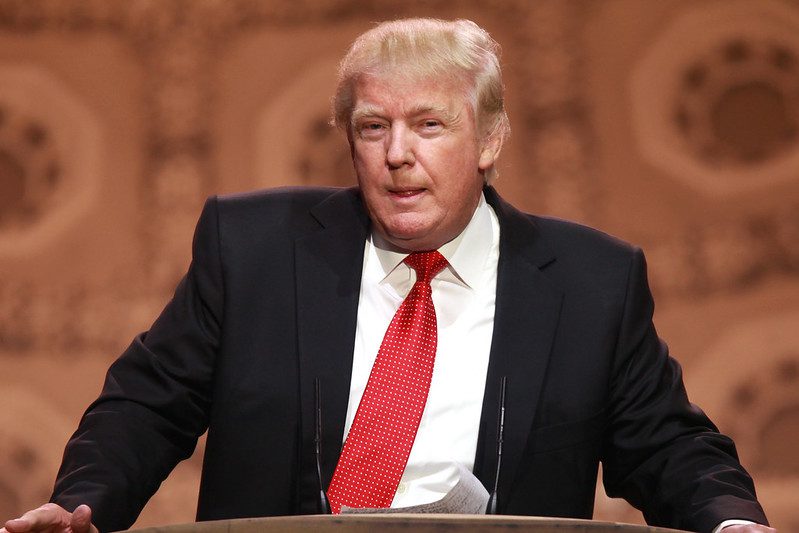The ex-president was found guilty on 34 felony charges of tampering with business records and is scheduled for sentencing on July 11.
In a historic moment with potential implications for his bid for a second presidential term, a Manhattan jury on Thursday found former President Donald Trump guilty on 34 felony counts of falsifying business documents related to a hush money payment to adult film star Stormy Daniels.
While the outcome of his campaign against President Joe Biden won’t be determined until voters cast their ballots in November, it’s evident that he can proceed as the GOP presidential nominee, despite the conviction.
The Constitution provides clear guidelines for those aspiring to the presidency. However, the criteria, as outlined in Article II, Section 1, are succinct: Candidates must be a “natural born Citizen,” at least 35 years old, and have lived in the U.S. for 14 years.
“There are no other qualifications other than those in the Constitution,” noted Chuck Rosenberg, a former U.S. attorney and legal analyst for NBC News and MSNBC, following Thursday’s verdict.
“There’s just three” requirements, Rosenberg emphasized.
Nowhere in the Constitution does it state that individuals convicted of crimes are prohibited from running for president.
While the 14th Amendment includes an insurrection clause preventing former officeholders who “engaged in insurrection” from seeking various offices, a recent U.S. Supreme Court ruling affirmed that Congress holds the authority to establish rules regarding the enforcement of this clause against federal office candidates.
Trump did not face any insurrection charges on Thursday. Moreover, there appears to be limited political appetite in a closely divided Congress to disqualify him from serving as president.
However, Trump wouldn’t be the first convicted individual to run for president.
In 1920, Eugene Debs became the official presidential nominee of the Socialist Party of America and campaigned from prison in Atlanta after being convicted of sedition.
However, Debs wasn’t a serious contender for the presidency—he only garnered 3% of the popular vote and no electoral votes.
In contrast, Trump could potentially win the upcoming election and create an unprecedented scenario. Depending on the sentence he receives in July (he faces up to four years in prison), he could face serving a sentence during his presidency.
This would present a multitude of complications.
“Can the state of New York enforce “a sentence” against the sitting president?” Rosenberg pondered. “It’s a really, really challenging question.”

